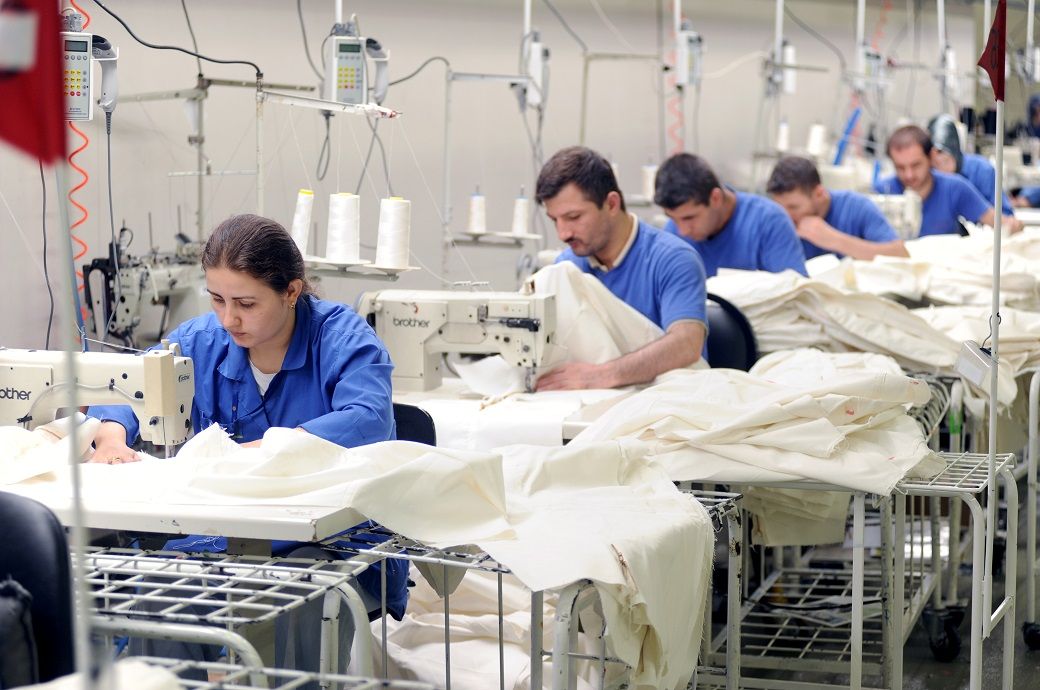
The headline manufacturing PMI posted 46.7 in September, down from 47.3 in August to signal a further easing in the health of the manufacturing sector.
Firms again recorded slowdowns in new orders and output and were reluctant to commit to hiring or the fresh purchasing of inputs, S&P Global Ratings, which compiled the data, said in a release.
Meanwhile, inflationary pressures strengthened, but remained muted relative to the respective series averages.
In fact, business conditions have now moderated on a monthly basis throughout the past year-and-a-half.
Anecdotal evidence from the survey continued to signal a challenging demand environment for firms. This led to further slowdowns in new orders and exports, in turn resulting in a solid scaling back of manufacturing production.
Softer new order inflows meant that manufacturers were able to deplete outstanding business, which was reduced to the largest extent for almost a year. Firms were also left with excess finished products, which they added to inventories, resulting in the first increase in post-production stocks in three months.
Given muted workloads, firms were reluctant to take on additional staff in September, and noted a preference for using existing stocks of inputs to support production over the purchasing of additional materials.
As a result, employment, input buying and pre-production inventories all moderated solidly at the end of the third quarter.
Currency weakness again contributed to a rise in input costs in September. The pace of inflation quickened to a three-month high and was sharp, albeit still weaker than the series average. This was also the case with regards to output prices, which increased at the fastest pace since April.
ALCHEMPro News Desk (DS)
Receive daily prices and market insights straight to your inbox. Subscribe to AlchemPro Weekly!